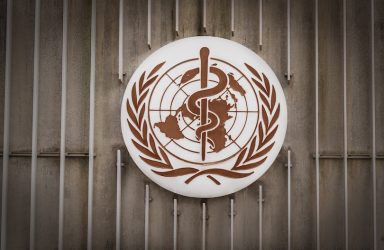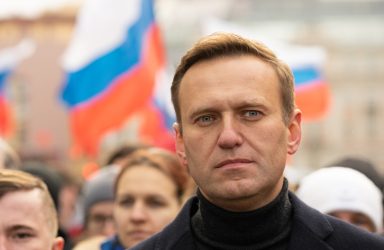Brazil: Growing Pains of an Emerging Power
Much has been written about Brazil’s successful trajectory from emerging economy to emerging giant. Less attention has been given to the remaining challenges which need to be addressed.
Terrorism Studies: Theoretically Under-developed?
This essay will critically examine research trends in terrorism studies from 2000-2007[4] by systematically evaluating the articles that appear in the two foremost journals in the field, Terrorism and Political Violence (TPV) and Studies in Conflict and Terrorism (SICAT). In doing so, it will attempt to update Schmid and Jongman’s Political Terrorism, last revised in 1988, and Silke’s ‘The Road Less Travelled,’ which surveyed terrorism research from 1990-1999.
The Middle Kingdom and the Promise of Growth
A trinity of difficulties will lead to a systemic economic breakdown of the Chinese economy. This will constitute a violation of the social contract. A delegitimization of the Chinese Communist Party will occur, unleashing the potential for socio-political instability. The likelihood of social and political turmoil following an economic crisis is extremely high, and the possibility of regime change is also correspondingly great.
Why has Defining Terrorism Proved so Difficult?
Following the watershed attacks of 9/11, governments have found themselves confronted, not only with a need to implement protective policies against attacks, but also respond to the, often inflated and media-propelled, collective will and fear of the population. In formulating an effective counter-terrorist strategy, the construction of a universal definition of terrorism is needed. The subjectivity of the term, however, ensures that this is, by no means, an easy undertaking.
Political Economy of Human Rights: The Quest for Relevance and Realization
Advancing human rights to the level of global justice requires more than the current circus of councils, commissions, and committees with tedious documents deliberated in lengthy meetings. Coming closer to people in their daily pursuit of liberties and livelihoods is the most productive perspective for progress in the 21st century.
How has Russia framed the conflict in Chechnya as part of the ‘War on Terror’?
The contrast between the nationalistic sentiment of self-determination emphasised in the First Chechen War and the rhetorical transition towards radical Islam in the Second Chechen War has been highlighted by many as evidence of the significance of the Chechen conflict in the global ‘War on Terror’. This essay will examine how Russia has managed to illustrate the Chechen conflict in terms of a global fight against international Islamic terrorism.
Better Poverty Reduction in Global Governance?
This paper will evaluate and analyse the poverty alleviation strategies manifested by the World Bank, United Nations Development Programme (UNDP), and the International Monetary Fund (IMF), explaining how they have converged over time. With the use of case studies it will argue that, whilst it might seem that the convergence has benefited poverty reduction, this is in fact not the case.
Why the Pandemic Treaty Must Reclaim Human Rights and Equity
The ongoing WHO negotiations represent a chance to reimagine global health governance based on solidarity, equity and the recognition of shared human vulnerability.
How Autonomous are the Crown Dependencies?
There is a strong belief on both sides that the Crown Dependencies and the UK are ‘good neighbours’ and any sizeable breach in relations would be detrimental.
Imperialism in Contemporary Russian Liberalism: Alexei Navalny’s Rhetoric
Navalny embodied an alternative Russia to the Kremlin government’s control. Yet, despite his activism and liberal image, Navalny’s rhetoric was imperialistic at heart.






